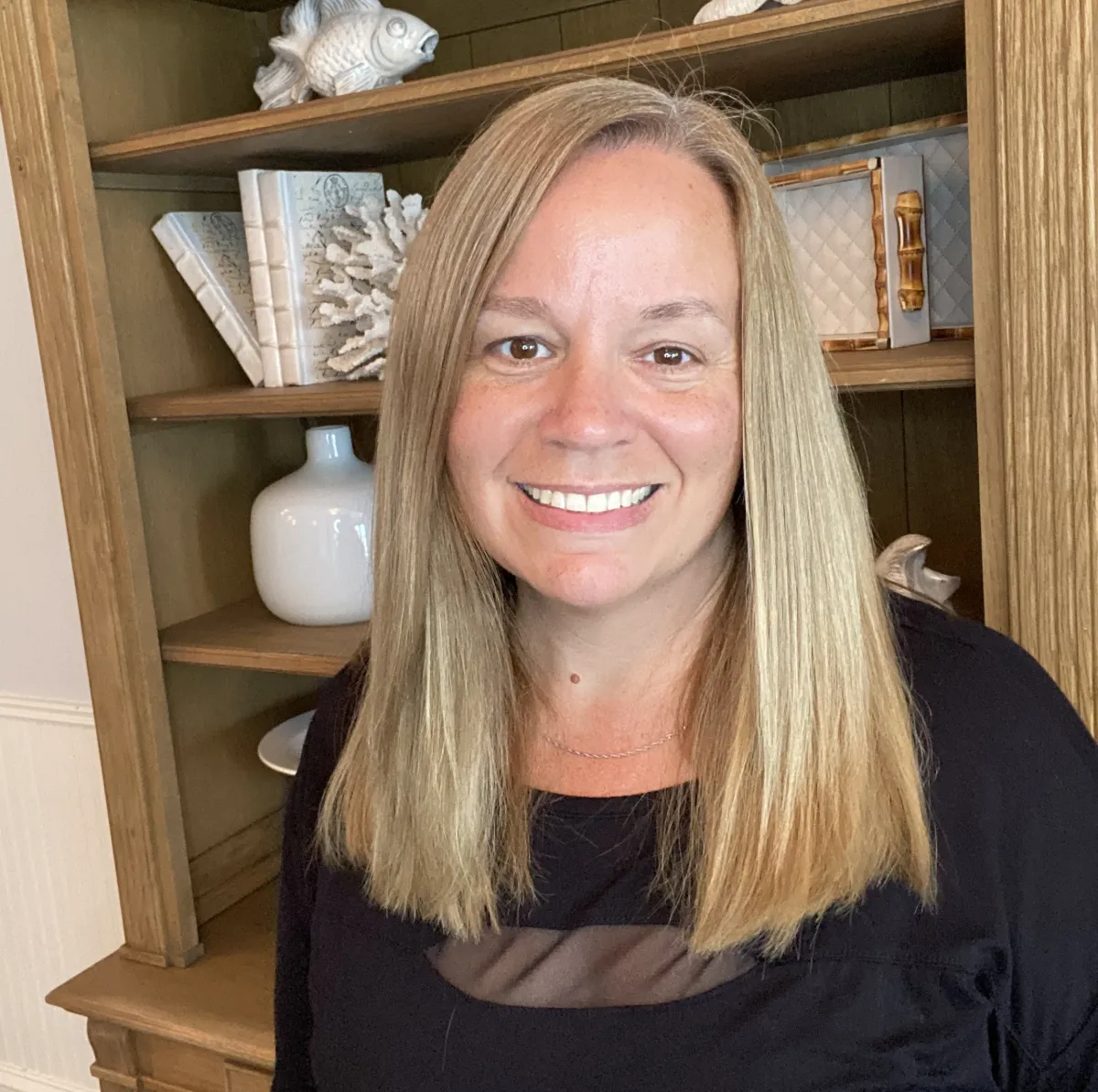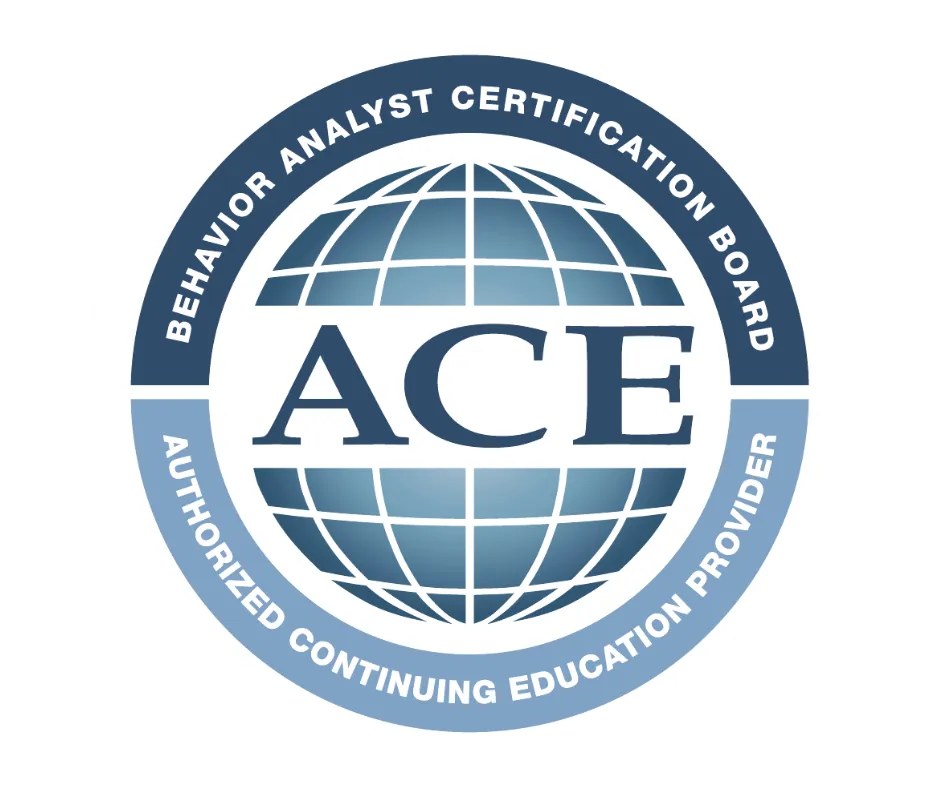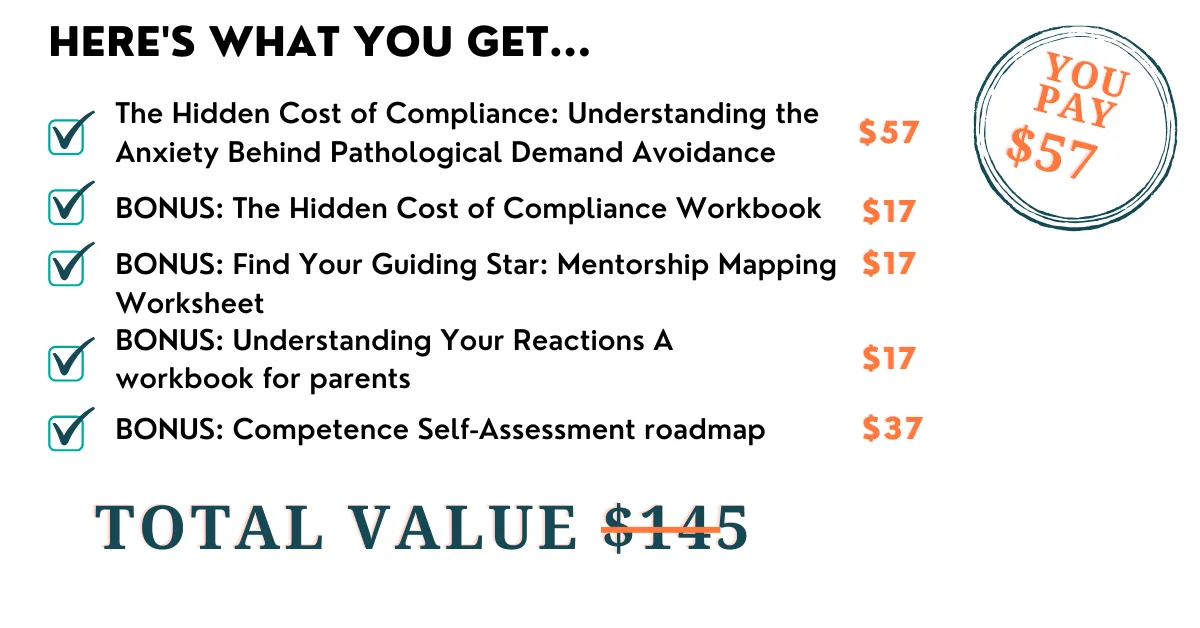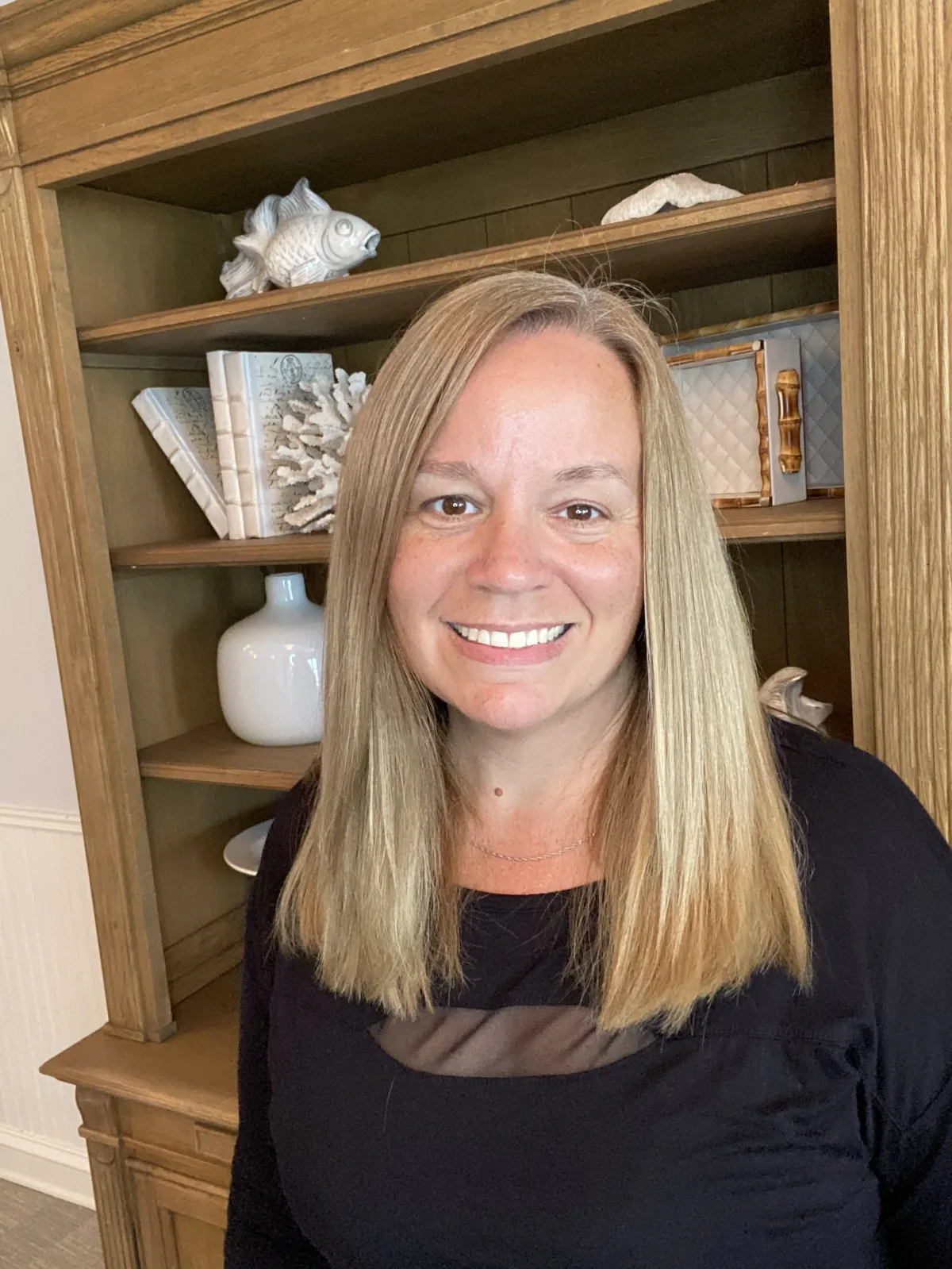2.5 GENERAL Type CEUs
The Hidden Cost of Compliance: Understanding the Anxiety Behind Pathological Demand Avoidance (PDA)
Create a safe and supportive environment, tailor your strategies to individual needs, and foster autonomy and self-regulation.


Instructors: Amelia Dalphonse, MA, BCBA and Nicole Dionne, MA, LCMHC, BCBA

Amelia Dalphonse, MA ,BCBA

Nicole Dionne, MA, LCMHC, BCBA
Why is The Hidden Cost of Compliance important?
As a BCBA®, you encounter diverse clients with unique challenges. Understanding the intricacies of Pathological Demand Avoidance (PDA) is crucial to effectively support autistic individuals who experience this profile. This course equips you with the knowledge and tools to navigate the complexities of PDA, enabling you to create meaningful change and empower your clients to thrive.
Gain a deep understanding of PDA: Delve into the core characteristics of PDA, differentiating it from other behavioral presentations.
Develop effective intervention strategies: Learn how to adapt your approach to meet the unique needs of individuals with PDA, fostering autonomy and reducing anxiety.
Enhance your communication and collaboration skills: Discover how to build rapport, establish trust, and collaborate effectively with clients, families, and caregivers.
Navigate complex family dynamics: Understand the impact of PDA on family systems and learn how to provide support and guidance to parents and caregivers.
Stay ahead of the curve: This course provides cutting-edge information and insights into PDA, ensuring you stay current in your practice.

What you will learn:

Understanding PDA
Gain a deeper understanding of the unique challenges faced by individuals with PDA, including their resistance to everyday demands, social strategies, mood swings, obsessive behaviors, and comfort in role-play.

Differentiating PDA from ODD and other Diagnoses
Learn to distinguish PDA from Oppositional Defiant Disorder (ODD) and other diagnoses that may present with similar behavioral manifestations.

Recognizing the Impact of Anxiety
Explore the profound impact of anxiety on individuals with PDA and learn how to identify and address its manifestations.

Implementing Effective Intervention Strategies
Discover evidence-based interventions tailored to the needs of individuals with PDA, focusing on reducing anxiety, fostering autonomy, and promoting self-regulation.

Building Strong Collaborative Relationships
Learn how to establish trust, communicate effectively, and collaborate with clients, families, and caregivers to create a supportive and empowering environment.

Adapting Your ABA Practice
Understand the importance of adjusting your ABA approach to accommodate the unique needs of individuals with PDA, emphasizing collaboration, flexibility, and individualized treatment plans.

Transform your personal and professional life!
This course will not only enhance your professional skills but also enrich your personal life. By gaining a deeper understanding of PDA, you’ll develop greater empathy, compassion, and patience. You’ll learn to appreciate the unique strengths and challenges of individuals with PDA, and you’ll become a more effective advocate for their needs.
Ethical Imperative: ABA providers have a responsibility to prioritize the well-being and dignity of their clients.
Neurodiversity affirming care aligns with this ethical obligation by valuing individual differences and promoting self-determination.
Improved Outcomes: Research shows that when neurodivergent individuals feel accepted and understood, they experience better mental health, increased self-esteem, and improved social connections.
Reduced Harm: Traditional ABA practices have sometimes been criticized for focusing on “normalizing” behavior, which can lead to internalized stigma and harm.
Neurodiversity affirming care shifts the focus to understanding and appreciating neurodiversity.
Client-Centered Approach: This approach prioritizes the individual’s goals, preferences, and strengths, leading to more meaningful and effective interventions.
Positive Social Impact: By embracing neurodiversity, we contribute to a more inclusive and accepting society for all.
The Dangers of Not Understanding the Hidden Cost of Compliance
Failing to understand PDA can lead to misinterpretations, ineffective interventions, and frustration for both you and your clients. Without the knowledge and tools provided in this course, you risk perpetuating harmful stereotypes, missing opportunities for meaningful change, and limiting the potential of the individuals you serve.
Missed opportunities for growth: You’ll miss out on the chance to expand your skillset and stay current in your practice.
Ineffective interventions: You may struggle to develop strategies that truly meet the needs of individuals with PDA, leading to frustration and limited progress.
Strained relationships: Frustration and misunderstandings can lead to strained relationships with clients, families, and caregivers..

But that’s not the end of it—the problem’s actually worse than that! If you fail to understand PDA and it’s effects on your clients, you could be:
Perpetuating harmful stereotypes: Without a nuanced understanding of PDA, you risk misinterpreting behaviors and perpetuating harmful stereotypes.
Limiting client potential: Failing to address the underlying anxiety driving demand avoidance can hinder your clients’ growth and development.
That’s why we’ve developed The Hidden Cost of Compliance – a course designed to empower you with the knowledge and tools you need to thrive as a competent and confident practitioner.

Trusted ACE Instructors Approved through the BACB
Quality Assurance You Can Trust: All of our instructors are certified Authorized Continuing Education (ACE) providers through the Behavior Analyst Certification Board (BACB). This ensures that our CEU courses meet the rigorous standards set by the BACB and qualify for CEU credits towards maintaining your BCBAs’® certifications.

See what people are saying about The Hidden Cost of Compliance
This training was really helpful. Nikki was a great and engaging presenter. Much of this information confirms how I have been working with a client that I suspected fit the PDA profile so I appreciate the support on that level. I also got a ton of NEW information, which feels incredibly supportive as well. I have multiple steps for parent training and programming as I move forward. I wouldn't say I feel this inspired/educated after all CEU events. Thank you.

Ian
Highly recommended for BCBAs looking to deepen their knowledge and enhance their practice for individuals with challenging profiles. The presenter’s dual certification in behavior analysis and mental health brought a unique, well-rounded perspective that expanded my clinical understanding. The training provided clear, informed guidance on case conceptualization, along with practical treatment strategies I could immediately apply in a school setting.

Briana J.
I 100% recommend this CEU for all BCBAs® working with children with autism, or have experienced childhood trauma.

Sergio M
Very informative and absolutely helpful course. I would recommend this CEU to all BCBAs® regardless of the settings they work in.

Nazafarin H.
Very informative. Knowledgeable and interesting presenter. Easy to listen to and follow.

Temple W.
This is such an important topic. Thank you for going in depth into characteristics of the profile as well as ways to support clients and their families. This course does a great job of reviewing recent changes to the everchanging landscape of ABA practices.

Katherine S.
Act now, and you can get 2.5 general CEUs – plus get these exclusive bonuses!


Meet the Instructors

Amelia Dalphonse, MA, BCBA
Amelia Dalphonse, MA, BCBA, co-founded Master ABA with her twin sister, Dianna Kelly, bringing over 13 years of expertise in Applied Behavior Analysis (ABA). Passionate about prioritizing client needs, Amelia earned a Master’s degree in ABA and became a Board Certified Behavior Analyst (BCBA®).
At Master ABA, Amelia and Dianna lead with innovation, emphasizing client-centered care to drive meaningful change. As an ACE provider, they’ve established the institution as a hub for progressive ABA practices, inspiring others to adopt compassionate and ethical approaches.
Through her role at Master ABA, Amelia advocates for advancing the ABA field with empathy and integrity. She stays abreast of the latest research, continuously seeking opportunities for professional growth.
Amelia’s leadership and dedication continue to shape the ABA community, empowering practitioners to prioritize client well-being. Together with her sister, she envisions a future where ethical values drive positive change in ABA practices.
Nicole Dionne, MA, LCMHC, BCBA
Nicole Dionne is a Licensed Clinical Mental Health Counselor based in Greenland, NH, with over 19 years of experience in the mental health field. She emphasizes the importance of collaborative relationships and acknowledges the inherent strength within each individual who seeks her guidance. Dionne’s primary objective is to create a secure environment conducive to processing and overcoming life’s stressors.

